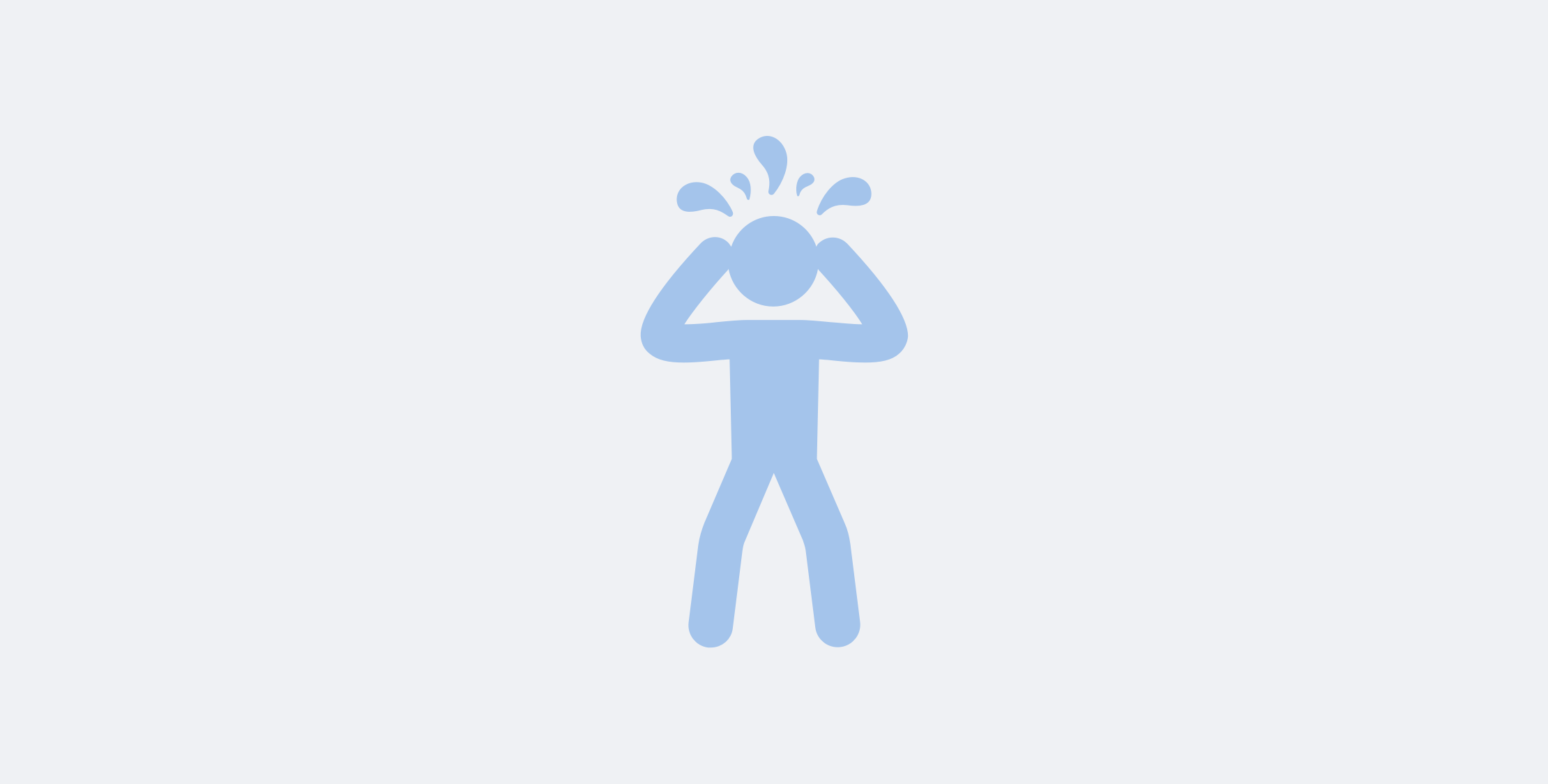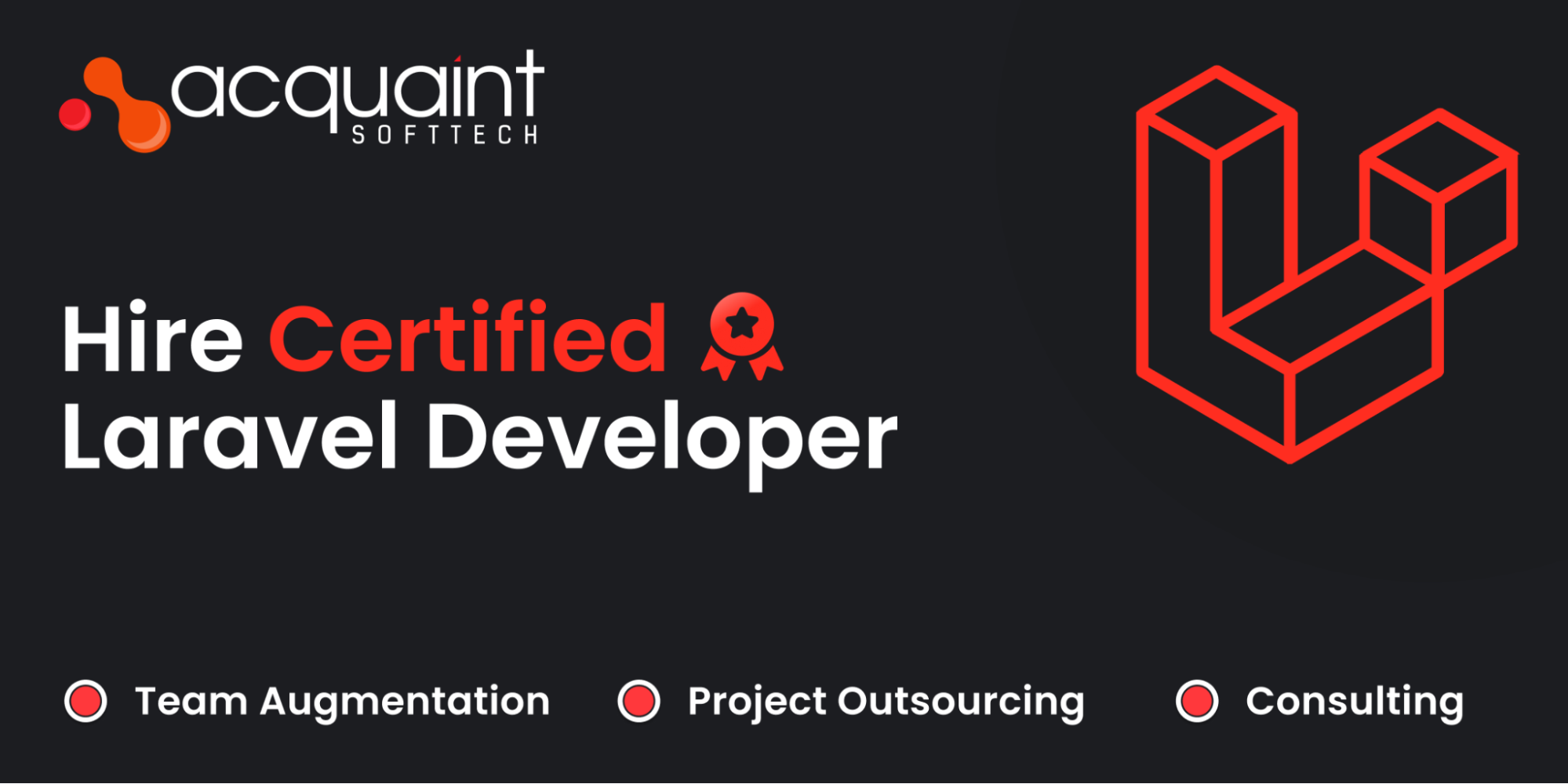I wanted to shift gears a little bit for today’s post and talk about something besides coding that’s important: personal health.
If you know me a little, you know that right now I am making an intense, focused push on getting entirely out of debt (feel free to hit me up about my “getting out of debt” journey).
This debt journey is demanding, but I am ready for it. I love the thrill of paying off debt after debt and inching closer to financial freedom.
I am on track to be debt free next year.
I want the freedom of not owing anyone in the world a payment. The upside for me is financial security as well as the increased ability to take risks.
Unfortunately, I’ve neglected my health and allowed stress to creep in slowly during this process. The effects of stress isn’t an “up in your face” feedback loop. When you burn your finger, you know immediately. When you stress, it compounds slowly, day after day.
Soon, I slipped into this “work mode” where I was always thinking about work.
Family dinner, chores, and putting children to bed were distractions from working. I thought about work during these times. Reflecting on this state makes me a little disappointed in myself.
Being in this state slowly ensnares you in a vicious cycle of stress that compounds more stress on top of stress. This stress affects your mental state, and little things make you angry.
Yo dawg, I heard you like stress. So I added some stress to your stress so you can be stressed out about being stressed out.
I love freelance side projects, podcasting, doing screencasts, and the like. But I need to more carefully navigate the rigorous mental demand that all these things take on top of running a household with three boys, a wife, and a dog.
Even if you love programming, your love for it won’t stop stress from creeping in. Programming is a rigorous mental effort.
So that’s my message: slow down.
Even if you want to take on extra side jobs or work on open-source projects after your “main job,” make sure that you balance things. Be aware of your balance. The tricky part is not letting stress quietly and slowly take over.
I’m not only talking about stress affecting you by doing freelance work. You can let stress accumulate by bringing work home with you, always being connected to work via email on your phone, or whatever thing or activity triggers your mind on work.
I recommend a work shutdown ritual proposed by my favorite author Cal Newport to completely shut down work for the day.
I also recommend Cal’s book Deep Work: Rules for Focused Success in a Distracted World. I am using Deep Work to make more effective use of my time during the day and getting more meaningful work done within the 8-5 workday.
Another book that has helped me a ton with this is Essentialism: The Disciplined Pursuit of Less.
I want to emphasize that these books shouldn’t be viewed as hacks that will instantly improve your mental health and stress. The real payoff (and the most difficult part) is incorporating these ideas and habits into your daily life.
Like I said, a few weeks of extra stress might not be noticeable. Stress can compound slowly, which makes it difficult to diagnose. Because stress is hard to diagnose, do proactive things to avoid it like running, walking, laughing, working out, or whatever gives you a release of stress.
You might be able to cheat a little for a while if you have a goal like getting out of debt and you are willing to work extra to get out of debt quicker. But be careful and make sure you use your time more effectively to do extra work, not spend every waking hour working.
Spend time on a hobby.
Spend time with your family.
Close the laptop by 6 pm.
Take care of yourself.
Slow down.











